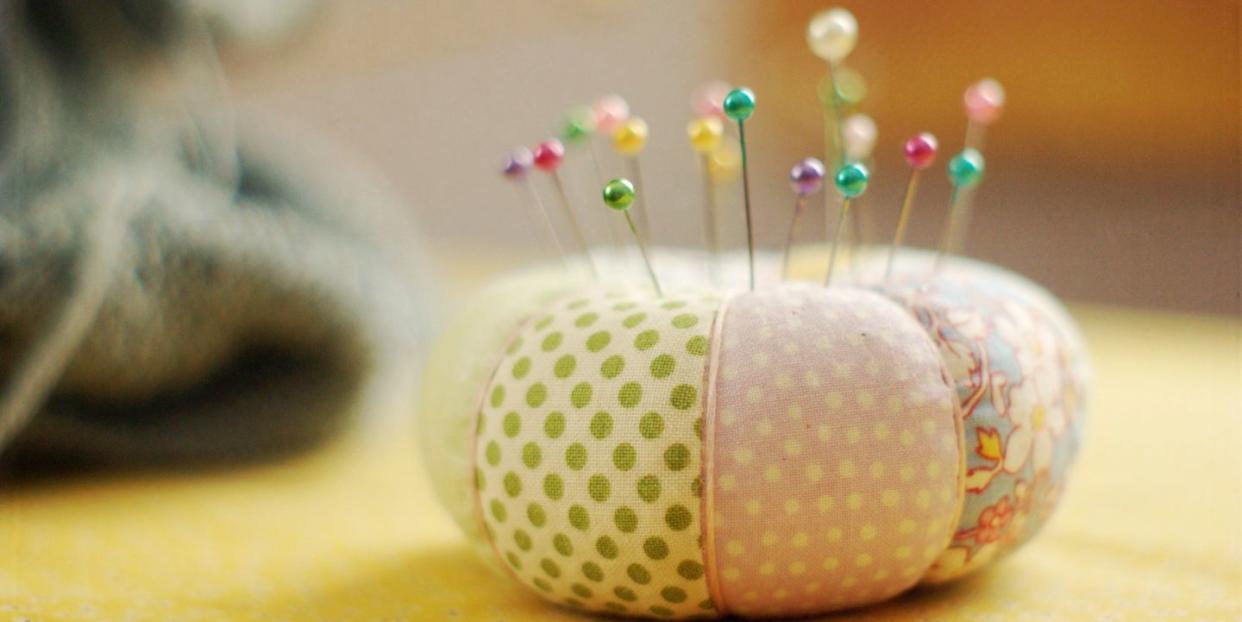Your Gyno Just Said You Have A Soft Cervix—But What Does That Mean?

Here's the thing: You're likely not acquainted with your cervix at all-other than, you know, when your ob-gyn swabs it during a Pap test (cringe).
That means you probably don't know what it feels like (or looks like for that matter, but that's another story)-so when your ob-gyn says you have a soft cervix, what the heck are you supposed to think? And honestly, what's it supposed to feel like to begin with?
Hold up, what exactly is your cervix-and what's it supposed to feel like?
A quick anatomy refresher (or introduction): Your cervix is way at the top of your vaginal canal, which means you can't see it and won't be able to feel it, unless you're actively getting up in there (like your ob-gyn does). Basically, it's how sperm enters your uterus, how blood leaves it, and how babies, uh, stay in until they're ready to come out.
Under normal circumstances your cervix feels like an unripened plum, says Christine Greves, M.D., a board-certified ob-gyn at the Winnie Palmer Hospital for Women and Babies-essentially, firm to the touch. But when it’s soft, it can feel, well, softer...like a ripe plum.
There are a bunch of reasons why your cervix could get soft-primarily that you're pregnant and about to deliver (the cervix softens in preparation for that)-but it can also be something you're born with, because you have a decrease in muscle tone, or because you're on certain medications, says Greves.
Your cervical firmness can also change during your cycle, says women’s health expert Jennifer Wider, M.D. “It is usually softer than normal after ovulation toward menses,” she says, as your body prepares to conceive.
So, how do I know if I have a soft cervix?
Again, this is usually something that comes up when you're pregnant and about to deliver, says Greves, though you can always ask your ob-gyn during your next appointment if your cervix feels softer than usual (if they don't offer up that information unprompted).
You can also try feeling yourself, but if you're not well-versed in cervical texture and firmness (a.k.a., not an ob-gyn), it may be tough to really know what the deal is. “It's not something women typically feel,” Wider says.
Is it bad to have a soft cervix?
That depends. If you’re pregnant and close to your due date, it’s a great thing, Greves says. This means that your body is getting ready for you to deliver and the density of your cervical tissue is changing.
But if you’re pregnant, nowhere near term, and have a soft cervix, that may be a cause for concern. “There can be situations where, if the cervix does feel soft, that can raise our concern as to whether the cervix is going to be able to provide that protective barrier and keep the baby in up to term,” Greves says. “It really depends on when it’s soft.”
The upside for non-pregnant ladies: Having a naturally soft cervix might also help with pain when you’re having an IUD inserted. (Greves says she’ll sometimes need to give a woman compounds called prostaglandins to open up and soften her cervix to make it easier to insert an IUD.)
But most of the time, when it's unrelated to pregnancy (or IUD insertion), walking around with a softer cervix is NBD-carry that difference around like a vaginal badge of honor.
('You Might Also Like',)

